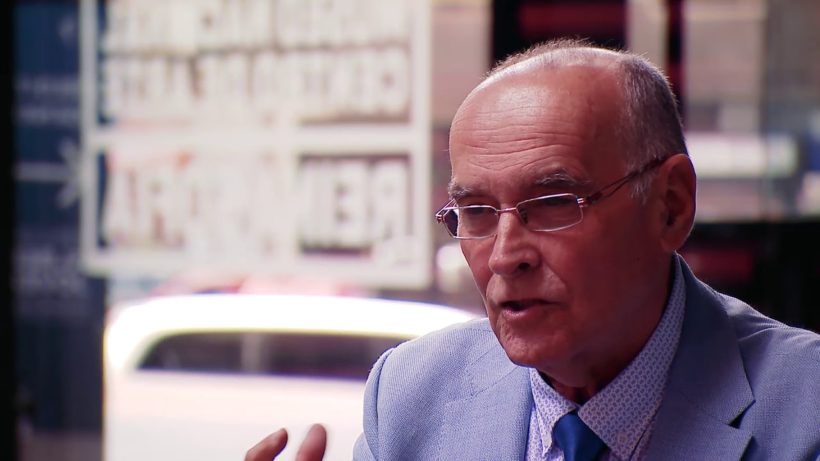From Rehuno Salud and in a joint work with the organisation Al final de la Vida we talked with Dr. Enric Benito about the humanisation of the end-of-life process. On the taboos that exist, what is the good death, palliative care and other issues that make the accompaniment of these significant moments in the lives of all people and their loved ones.
This is a series of Dialogues that we will be publishing periodically and in which we want to disseminate a vision of the process of dying that is full of humanity and meaning.
Enric Benito is a Doctor of Medicine, Specialist in Oncology and Honorary Member of the Spanish Society of Palliative Care (SECPAL). His experience and teachings are a true reference for the world of palliative care and for the accompaniment and humanisation of the process of dying well.
In this first dialogue we talked about palliative care as the appropriate response given by societies to care for and humanise the dying process, centred on the person who is going through this process. There were also references to the best attitude that can be developed by health professionals who accompany these stages.
Dr. Benito, referring to the current covid pandemic, commented that “it has confronted us with a reality that we had not managed and integrated, and we have had no choice but to accept that, although scientific and technological advances are positive, when we can do nothing, we must work to accompany the process of dying well in hospitals”.
On his early experiences as a medical oncologist, Dr Benito shared his youthful doubts on the subject of death. He said: “When I was a young oncologist and a patient was dying, I didn’t know what to do, I was ignorant of something that, when you understand it and see it… I missed the most interesting part of the film”.
On the process of dying, he commented: “To see someone being born is a marvellous thing, it is a magical moment, but to accompany someone when they go and to see the whole process without fear and understanding what happens there, changes your look of reality. It’s equally magical.
The physiology of the moment of death is beautifully organised in a process designed to produce an essential change in consciousness. Aspects of ordinary identity fade away and the true inner self begins to emerge.
Sharing his vision of what sustains human existence and expresses itself in the final moments, Dr. Benito told us: “Consciousness is not produced by the brain, it is only what allows the expression of consciousness. It exists independently of whether or not the brain works… We are consciousness, we are not a body and consciousness is beyond time and space and will never be threatened.
Here is the full interview






